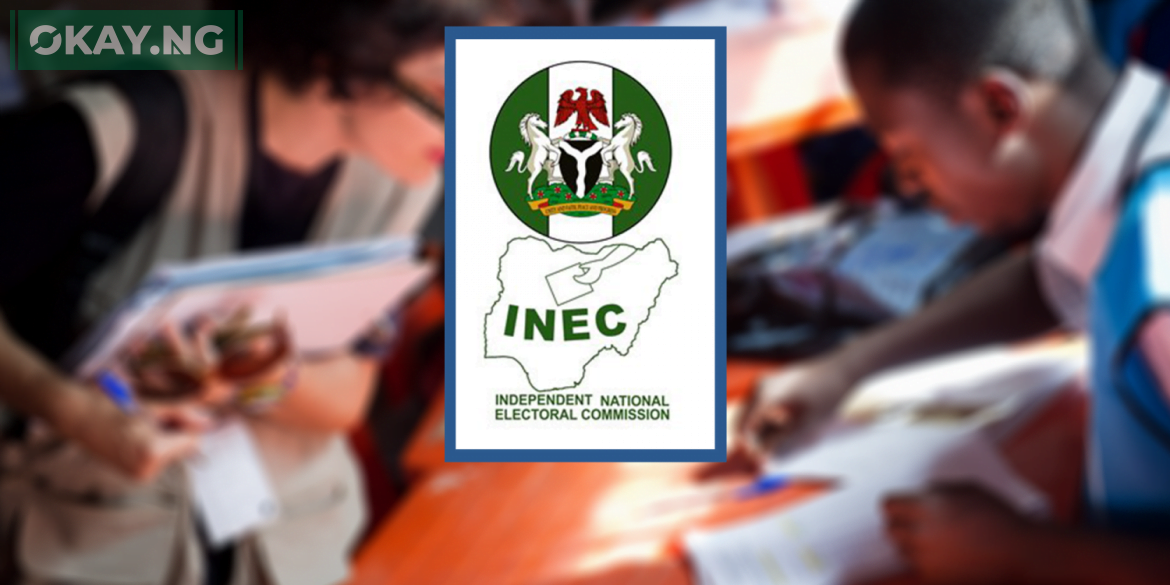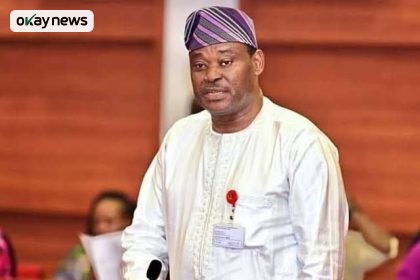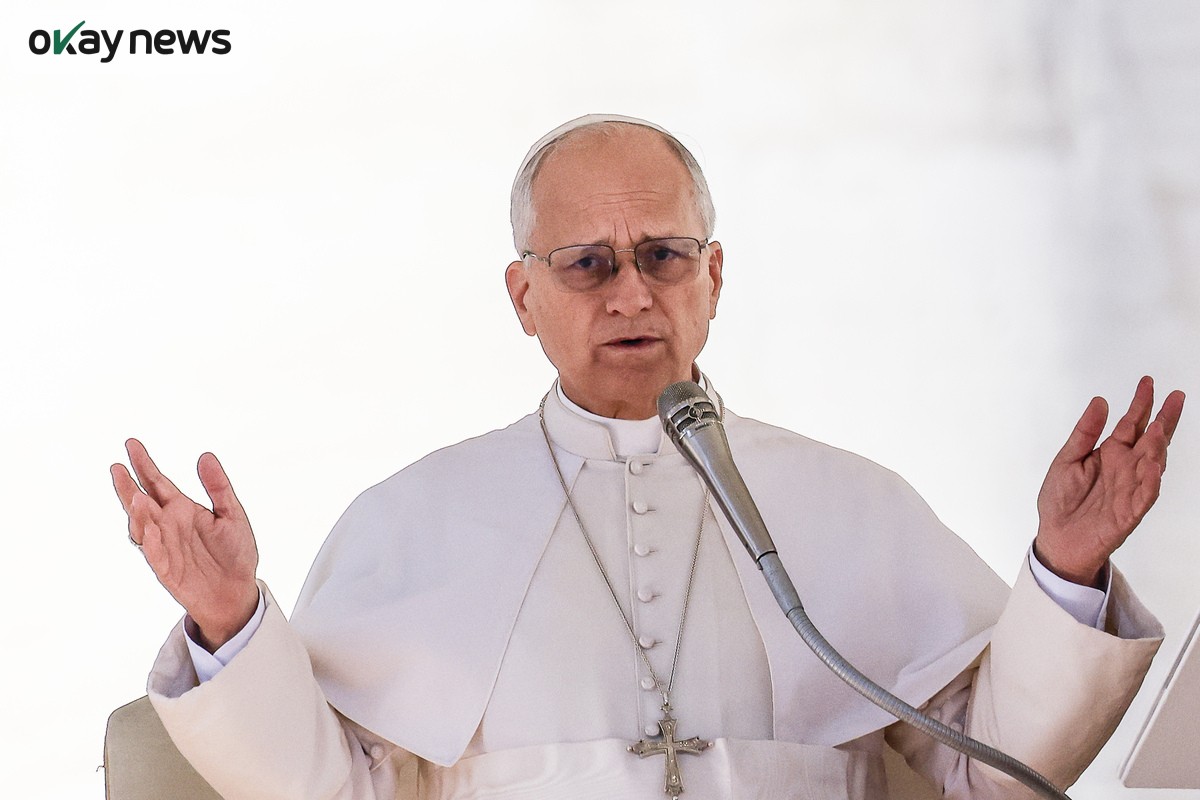Two major opposition parties — the African Democratic Congress (ADC) and the Labour Party (LP) — have raised doubts about the recent voter registration figures released by the Independent National Electoral Commission (INEC), particularly the unusually high numbers recorded in Osun State and across the South-West.
According to INEC, Osun State recorded 393,269 new pre-registrations within one week of the Continuous Voter Registration (CVR) exercise. The ADC, however, dismissed this as implausible, citing inconsistencies with demographic realities and historical voting trends.
Bolaji Abdullahi, the Acting National Publicity Secretary of ADC, said in a statement, “Osun has supposedly registered more people in seven days than it managed to do in four years. This is statistically implausible.” The ADC called for a forensic audit, describing the numbers as “alarming.”
The Labour Party also expressed worry. Its Interim National Publicity Secretary, Tony Akeni, warned Nigerians to be cautious. He said, “We are tired of INEC’s shenanigans. Even their claims of having registered prison inmates is an open fraud. Nigerians should be vigilant so that we will not see names like Michael Jackson and Donald Trump in our voter register in 2027.”
However, the All Progressives Grand Alliance (APGA) dismissed the concerns, saying the ADC was exaggerating. APGA’s National Publicity Secretary, Ejimofor Opara, said INEC’s integrity should not be doubted, noting, “Figures don’t lie. INEC credibility is not in doubt.”
Reactions also came from the Peoples Democratic Party (PDP) and the All Progressives Congress (APC) in Osun State. The PDP admitted the figures were alarming but suggested it could reflect voters’ enthusiasm for the upcoming elections. Meanwhile, the APC said only INEC could clarify the statistics.
INEC, through its Chief Press Secretary to the Chairman, Rotimi Oyekanmi, defended the figures, stating they were consistent with past patterns. He explained that Osun had led registration numbers in previous exercises, including 2021 and 2022, when the state recorded over 708,000 registrations.
Oyekanmi added that all registrants must still complete biometric verification in person to prevent fraud. “Our duty as a commission is to ensure that only real persons who meet the criteria stipulated in the 1999 Constitution of the Federal Republic of Nigeria and the Electoral Act 2022 are allowed to register,” he said.
INEC assured citizens that it will continue to publish timely updates to maintain transparency.
okay.ng reports that the commission also emphasized its use of an Automated Biometric Identification System (ABIS) to detect and eliminate double registrations.







